Abby Olsen
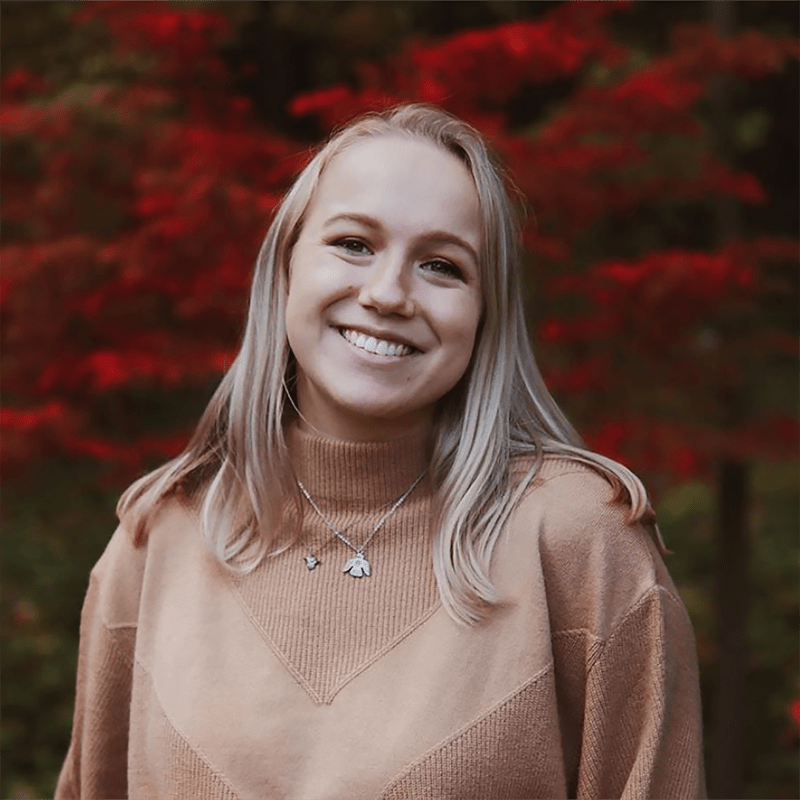
Food Chain
It’s not easy to know how to purchase ethically today. The system that consumers in America participate in is working beyond our control and destroying the environment. This means your purchasing habits, especially of food, have a bigger impact than you know, and a bigger impact than the food industry giants want you to know. Companies like Coca-Cola, Nestle, and Walmart spend tons of money to confirm passive consumerism, covering up the negative environmental impacts of their services in order to turn a profit.Using a medium seen in everyday life, wallpaper, I present imagery of threatened North American wildlife suffering by big food industry’s hands in visual conversation with the things causing their demise. This will educate my audience about the wide reaching effects of the big food industry, and will help bridge the gap between existing purchasing habits and elevating consciousness toward sustainable purchasing habits.
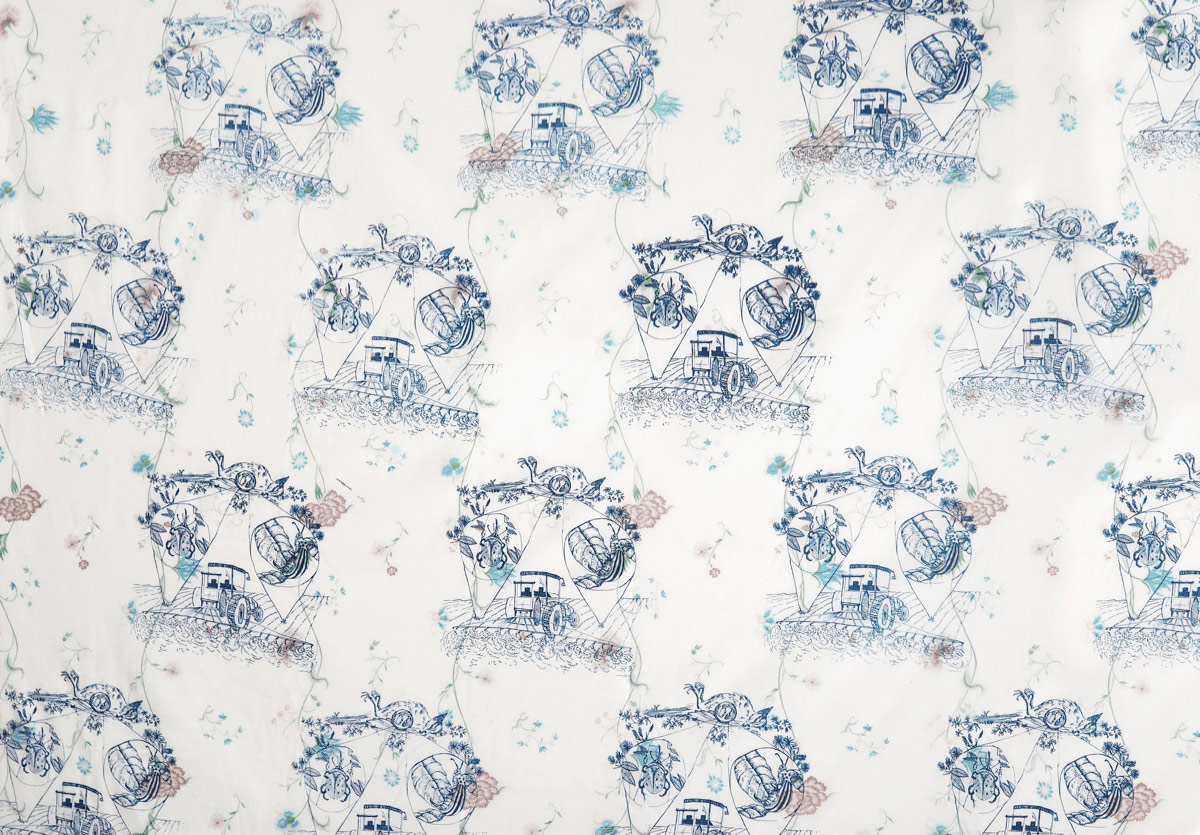
INDUSTRIAL FARMING TOILE
2020
SILK SCREEN PRINT
8’x8’
The native species of bird, beetle, and flower in this textile are all threatened by the use of pesticides and loss of habitat that comes with mass farming. Pesticides used to keep off insects that are detrimental to the crop also kill insects that are essential to this ecosystem. Birds who eat the beetles who eat the crops also become poisoned by the pesticides because of the amount of chemicals in the bodies of the beetles.
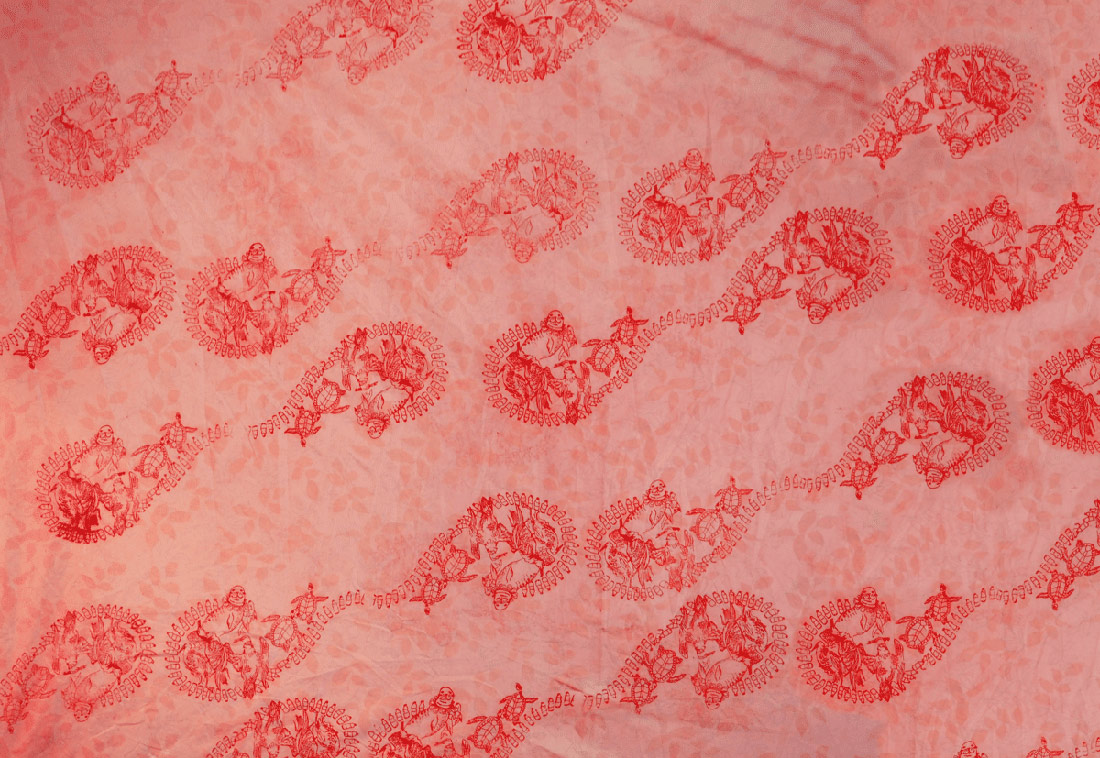
COLA OCEAN
2020
SILK SCREEN PRINT
8’x8’
Using Coca-Cola red, this pattern shows the species of sea animals who are suffering most from single use plastic contamination of the oceans surrounding the U.S. Coca-Cola products were the most prevalent brand found in ocean pollution clean up around the world. Unless the Coca-Cola company acts fast to eliminate their single use plastics, they will continue to kill these animals.
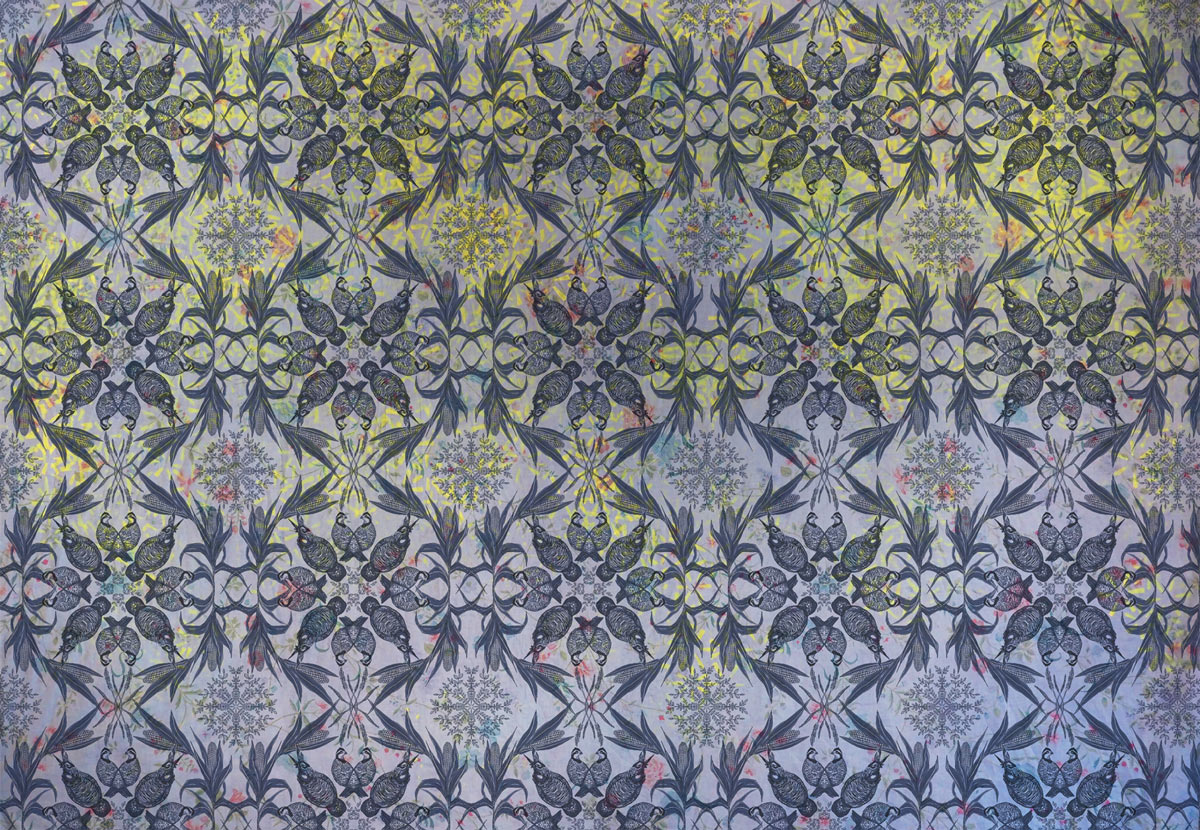
GREAT PLAINS (WALMART)
2020
MIXED MEDIA – silk screen print and digital media
8’x8’
This repeat pattern showcases species of threatened birds from the great plains surrounded by corn and soy bean leaves, the most popular crops grown in the plains of the U.S. Habitat loss from excessive farming is killing native birds like these. Walmart is the number one produce supplier in the United States, and so they perpetuate the destruction of these species by benefiting from their demise.
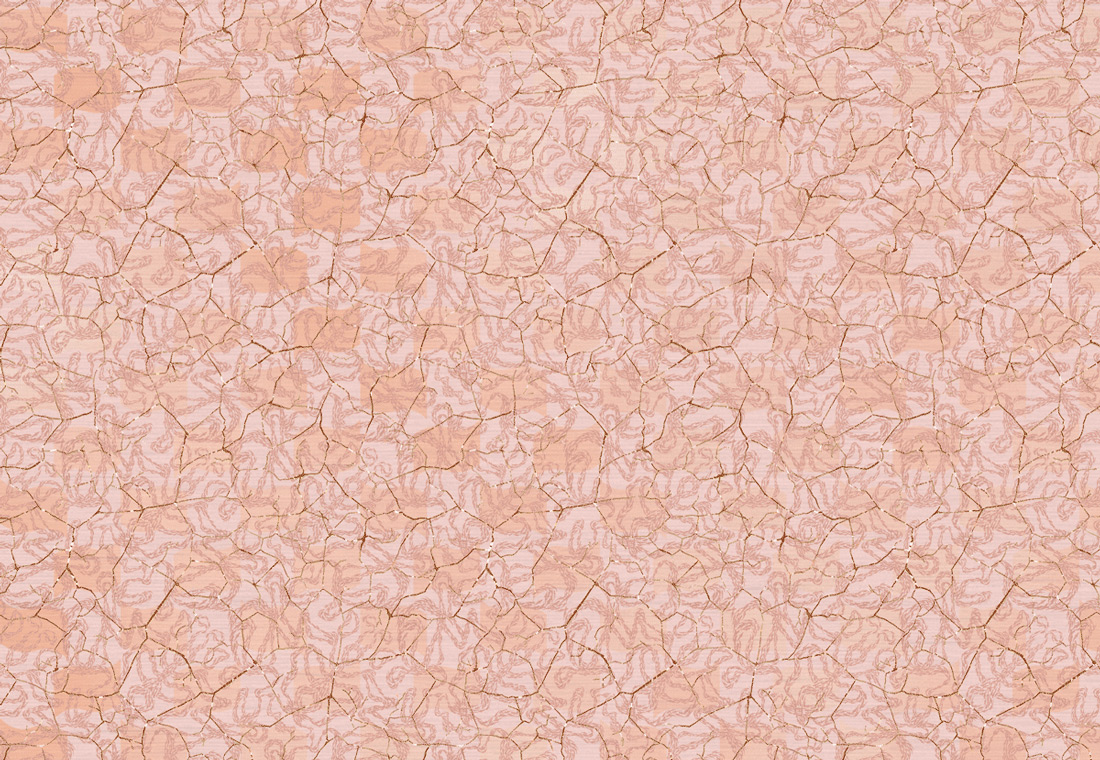
NESTLE FISH
2020
DIGITAL
The Nestle company excessively extracts water from the San Bernardino National Forest in Southern California, contributing significantly to the existing drought issues in that region. In the early 2000’s, combined with seasonal drought, Nestle extracted so much water that it killed off an entire species of small river fish- the speckled dace. Impacting one species in such a complex ecosystem has had a negative effect on every other species as well, most of which are being driven out of this forest system for the same reason the speckled dace died out.
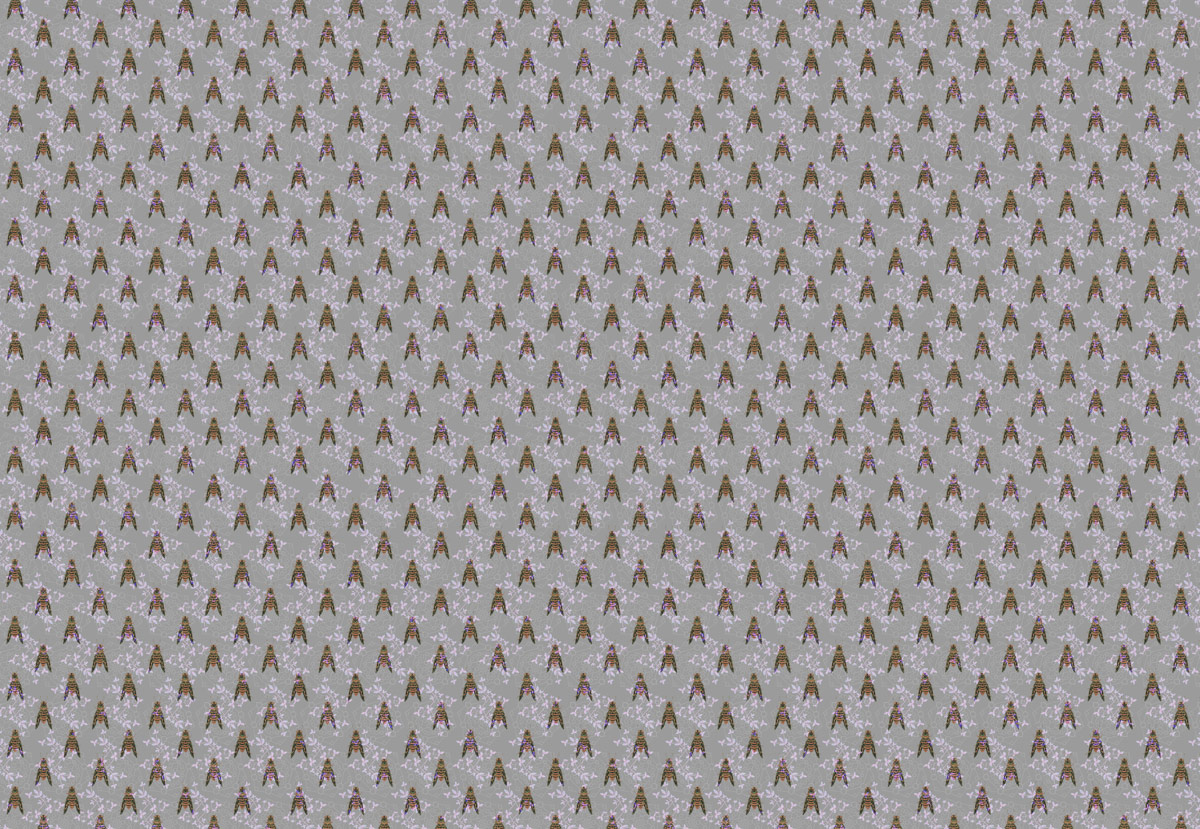
BAYER BEES
2020
DIGITAL
Pollinators like the honey bee and other species of bee are essential to the North American ecosystem. Farms that use Neonicotinoid pesticides like the ones produced by chemical companies Bayer, Syngenta, and Valent contribute to the rapid decline of the honey bee population. Loss of natural biodiversity from mass planting crops like soy beans also contribute to the suffering of pollinators in the U.S.

Detail shots of (from left to right) Cola Ocean, Great Plains (Walmart), and Industrial farming toile.

A comprehensive guide to all wildlife and symbolism in “Food Chain”

Industrial Farming Toile in context.
Interior design and 3D render by Abby Olsen – 2020.

Bayer Bees in context.
Interior design and 3D render by Abby Olsen – 2020.

Great Plains (Walmart) in context.
Interior design and 3D render by Abby Olsen – 2020.
